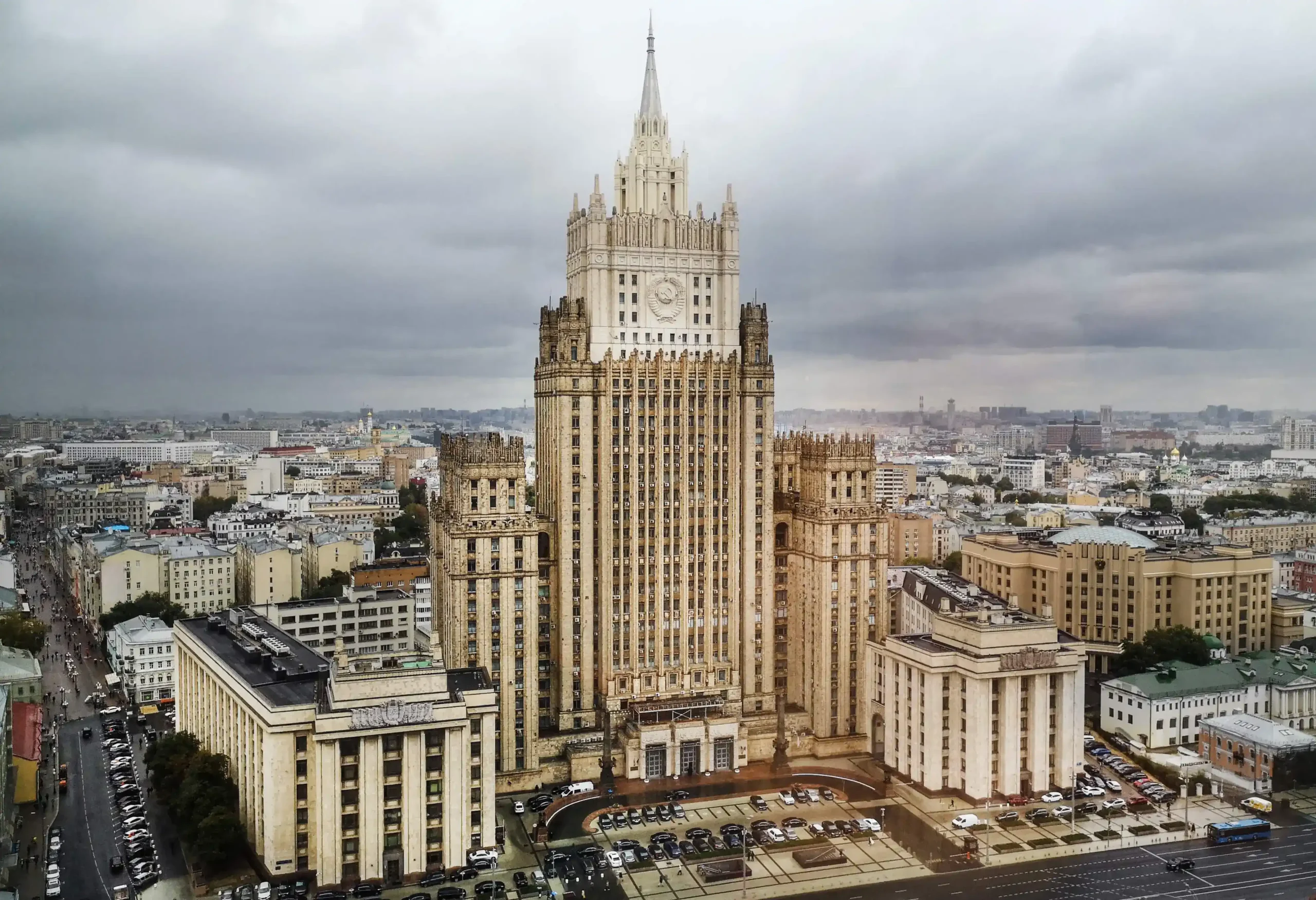South Caucasus: Diminishing Influence
In 2024, one of Russia’s most critical foreign policy challenges was its waning influence in the South Caucasus, where Turkey continued to expand its presence. The Kremlin’s convoluted approach to the Nagorno-Karabakh conflict—pressuring Armenia for a leadership change while maintaining neutrality during Azerbaijan’s military operations—left both Yerevan and Baku dissatisfied.
While Russia successfully blocked Turkey from deploying military forces or establishing a base in Azerbaijan, its broader regional standing eroded. Armenia increasingly aligned with Iran and France, systematically removing pro-Moscow elements from its political structure. Azerbaijan’s focus on European gas projects and their subsequent complications further cooled relations with Moscow. Tensions reached a new height following the downing of an Azerbaijani plane, leading President Ilham Aliyev to publicly criticize Russia, tarnishing President Putin’s diplomatic standing.
Rising Turkish Influence in Abkhazia
Turkey’s growing role in Abkhazia resulted in the ousting of Kremlin ally Aslan Bzhania during the autumn of 2024. Abkhazian elites, disillusioned with Moscow, began gravitating toward Ankara, leveraging Russian resources while resisting deeper integration. Speculation over Russian intentions to acquire land and integrate Abkhazia with Georgia’s pro-Moscow factions heightened regional tensions.
In Georgia, Russia aimed to fortify ties through oligarch Bidzina Ivanishvili. However, mishandling of the Abkhazia and South Ossetia issues has turned these regions into political burdens. The EU’s reluctance to incorporate Georgia has momentarily bolstered pro-Russian sentiment, but Moscow’s reliance on promoting Chinese-backed infrastructure projects is viewed as a feeble strategy, risking a shift in influence from Russia to China.
Iran: A Troubled Strategic Ally
Russia’s alliance with Iran also faced significant turbulence. The death of pro-Russian Iranian President Ebrahim Raisi and the ascension of Mohammad Hossein Pezeshkian strained bilateral ties. Supreme Leader Ali Khamenei’s declining authority intensified elite rivalries, while Israeli precision strikes further destabilized Iranian leadership. By the end of the year, the weakening of the Islamic Revolutionary Guard Corps (IRGC) and diminishing influence in Syria indicated a potential regime change in Tehran, jeopardizing Russia’s strategic partnership.
The Loss of Syria and Middle Eastern Setbacks
Syria, long a cornerstone of Russian influence in the Middle East, became another area of failure. Russia’s inability to strengthen Bashar al-Assad’s regime resulted in lost ground to Turkey. Meanwhile, tensions with Iran worsened as Assad resisted opening borders for Iranian proxies. These fractures alienated both Moscow and Tehran, endangering their foothold in Syria and threatening access to military bases and African transit routes.
Additionally, Moscow’s broader Middle Eastern influence, including relations with Israel, significantly eroded, marking a major strategic loss.
NATO Risks and Turkey’s Ascendancy
Turkey’s rise as a dominant regional power exacerbated Moscow’s vulnerabilities. Positioned at Russia’s southern periphery and backed by NATO, Turkey’s actions increased the potential for a direct confrontation. A NATO invocation of Article 5 in such a scenario could entangle Russia in a broader conflict it is ill-equipped to manage, forcing concessions that would further undermine its authority in Turkic regions.
Growing Sino-Russian Tensions
Throughout 2024, the deepening “Sinification” of Russia became a growing concern among its elite. China’s expanding economic and strategic footprint in Russia underscored a stark power imbalance, revealing the Kremlin’s declining global stature.
The year 2024 marked a turning point for Russian foreign policy, characterized by weakened alliances, reduced regional influence, and rising challenges from external powers like Turkey and China. These setbacks highlight a critical juncture in Moscow’s geopolitical strategy as it struggles to maintain its footing on the global stage.


















